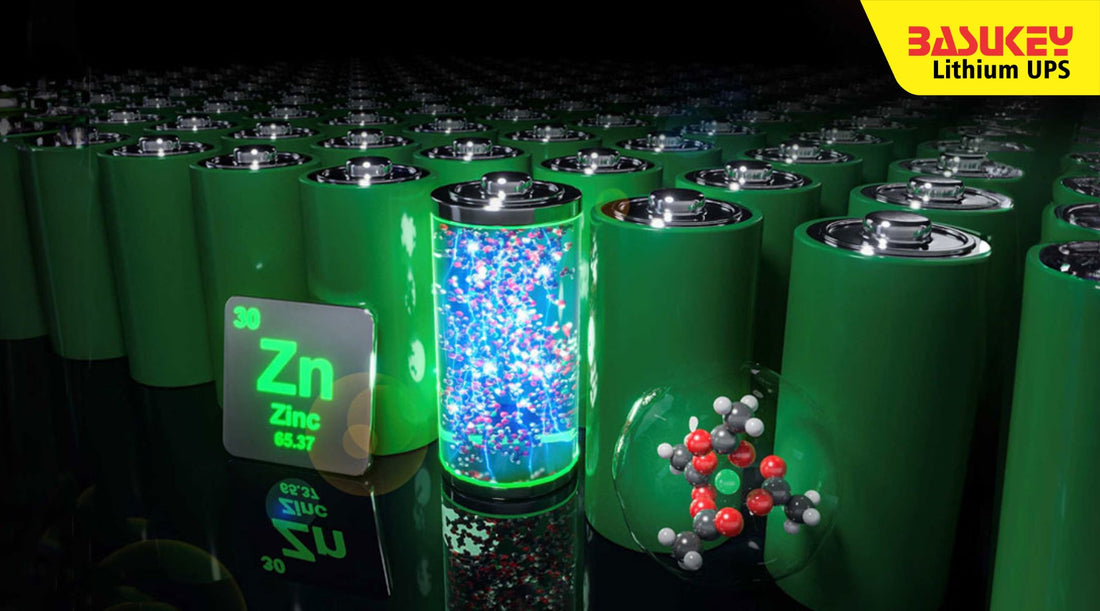
Cut the Carbon, Not the Power: Lithium UPS for Sustainable IT
Share
As the world becomes more conscious of the environmental impact of technology, the demand for sustainable solutions in the IT industry is on the rise. One key area where businesses can make a significant difference is in their choice of Uninterruptible Power Supplies (UPS). By opting for lithium UPS systems, companies can cut carbon emissions without compromising on power reliability.
What makes lithium UPS systems more sustainable?
Lithium UPS systems offer a more environmentally friendly alternative to traditional lead-acid batteries. They have a longer lifespan, higher energy density, and are more energy-efficient. This means they require less frequent replacements, reducing the amount of electronic waste generated. Additionally, lithium UPS systems charge faster and have a lower self-discharge rate, making them more efficient in storing and delivering power when needed.
How do lithium UPS systems help reduce carbon emissions?
Compared to lead-acid batteries, lithium UPS systems have a significantly lower carbon footprint. Studies have shown that lithium batteries produce up to 50% less greenhouse gas emissions over their lifetime. By choosing lithium UPS systems, businesses can play a crucial role in reducing their overall carbon emissions and contributing to a more sustainable future.
What are the benefits of lithium UPS systems for IT infrastructure?
In addition to their environmental advantages, lithium UPS systems offer several benefits for IT infrastructure. They provide longer backup times, higher power density, and better performance in a smaller footprint. This means businesses can enjoy improved power reliability and efficiency while saving space and reducing operational costs in the long run.
By investing in lithium UPS systems, companies can not only enhance the sustainability of their IT operations but also improve their overall energy efficiency and reduce their carbon footprint. It's a win-win solution that combines cutting-edge technology with environmental responsibility.
